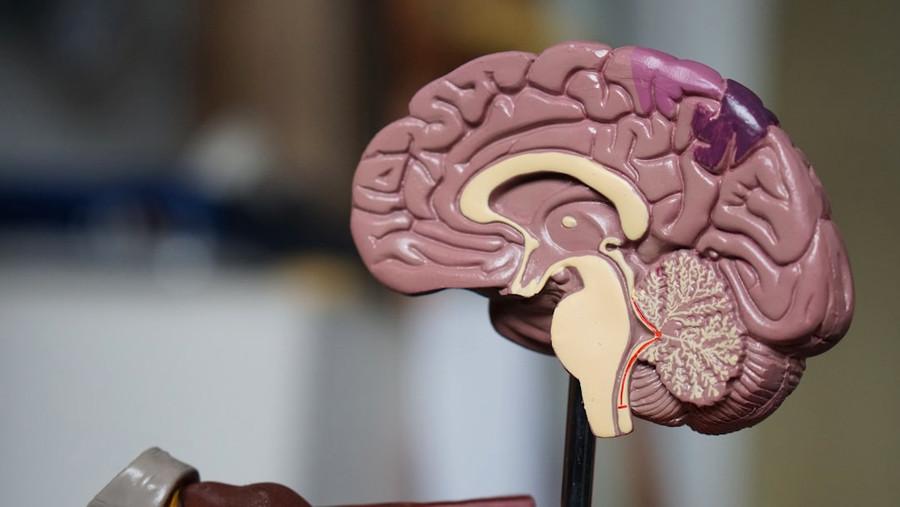The Role of Cognitive Biases
One reason it's challenging to avoid making judgments is the presence of cognitive biases.
These biases are mental shortcuts that our brains use to process information quickly.
They help us make decisions efficiently, but they can also lead to errors in judgment.
For example, confirmation bias makes us more likely to notice and remember information that confirms our existing beliefs, while the halo effect causes us to perceive someone as generally good or bad based on a single trait.
16
231 reads
CURATED FROM
IDEAS CURATED BY
🔹Wellness 🔹Empowerment 🔹Life Coaching 🔹Learning 🔹Networking 🔹Counseling 🔹Evolution 🔹Transformation
Human beings are inherently judgmental creatures. From the moment we encounter a new person or situation, our brains are wired to assess and evaluate. This natural inclination to make judgments is deeply ingrained in our evolutionary history, serving as a survival mechanism that helped our ancestors navigate a dangerous world. However, in today's society, the question arises: Are we truly capable of not making judgments, or is it an unattainable ideal?
“
Similar ideas to The Role of Cognitive Biases
Cognitive biases
They are mental shortcuts we use, which generally help us make quick decisions, but don’t always work out for the best.
Our brains were never wired to be truly rational because there is way too much information in the world for us to process. We evolved instead to make decisio...
How Confirmation Bias Influences Our Communication
- When we confront new information, we interpret it to support our existing beliefs. Any thought or discussion that confirms our prejudice and thought patterns seems appealing to us and is known as confirmation bias.
- When we try to argue our case (because of course, we are r...
The halo effect
The halo effect is a cognitive bias. It causes people to assume something because of their impression of other aspects of it. For example, people think someone will have an interesting personality simply because they find the person attractive.
We can find the hal...
Read & Learn
20x Faster
without
deepstash
with
deepstash
with
deepstash
Personalized microlearning
—
100+ Learning Journeys
—
Access to 200,000+ ideas
—
Access to the mobile app
—
Unlimited idea saving
—
—
Unlimited history
—
—
Unlimited listening to ideas
—
—
Downloading & offline access
—
—
Supercharge your mind with one idea per day
Enter your email and spend 1 minute every day to learn something new.
I agree to receive email updates


